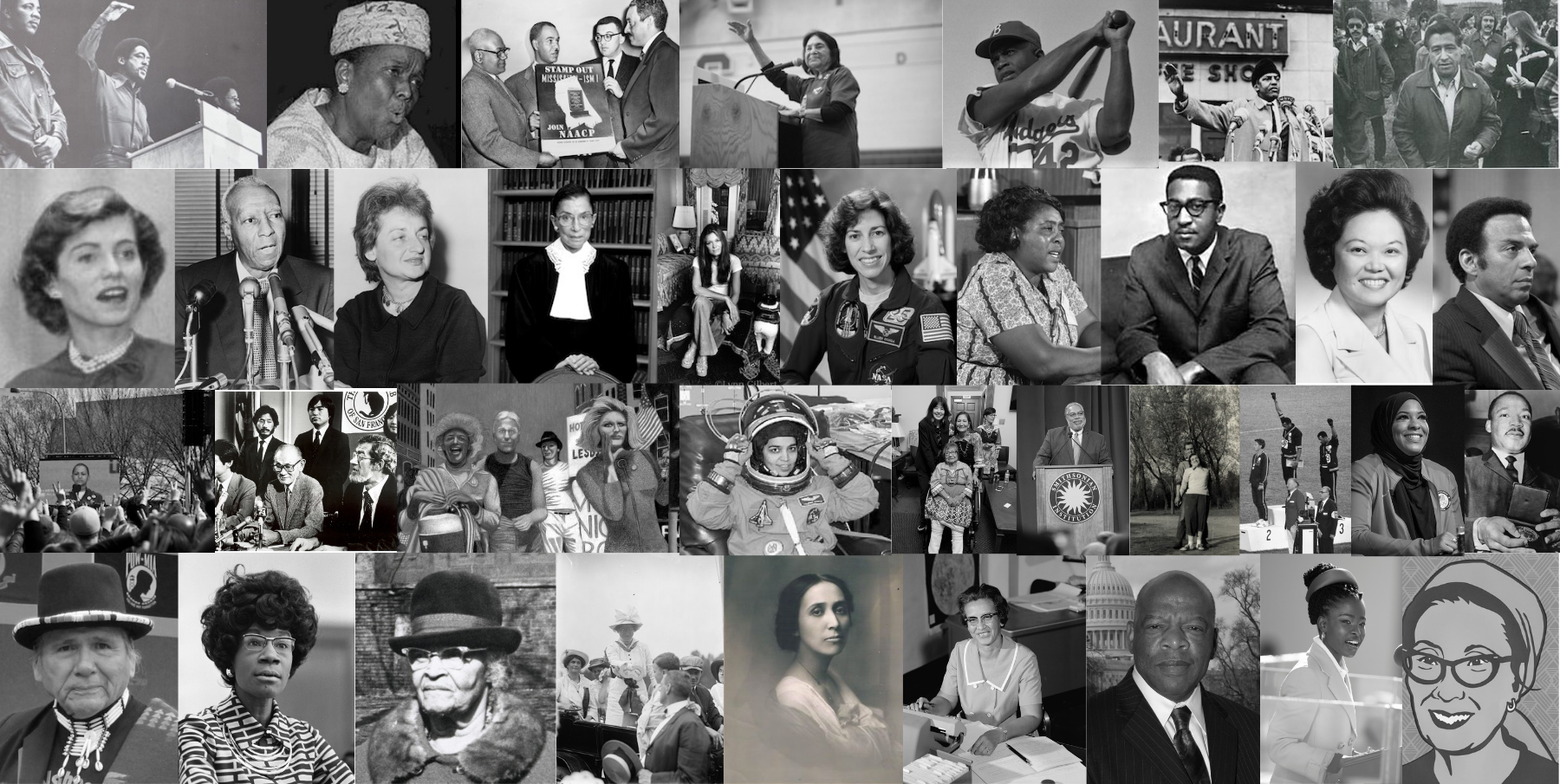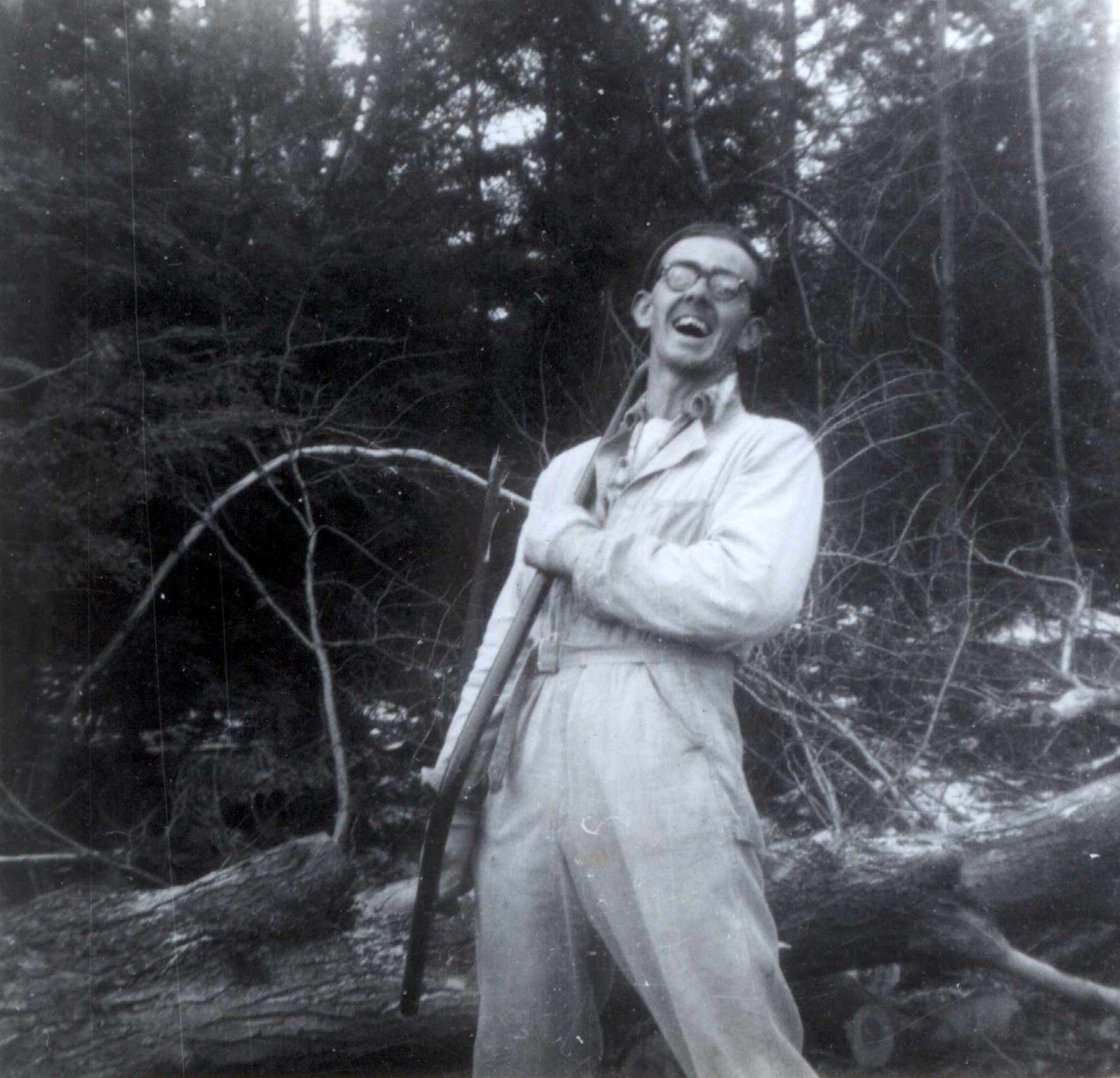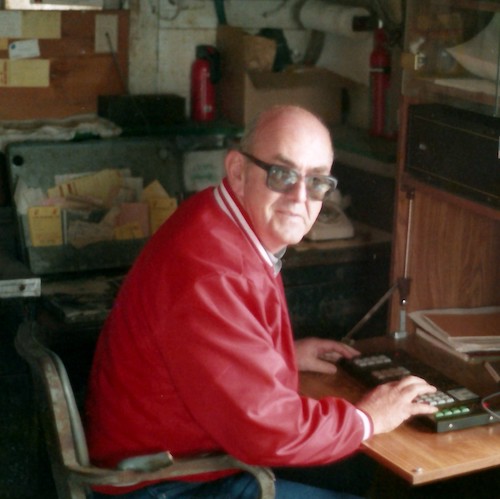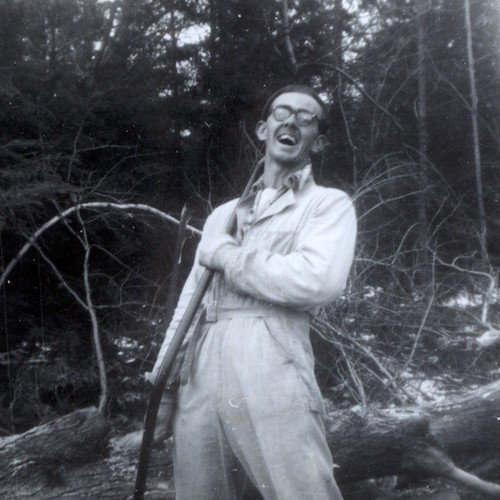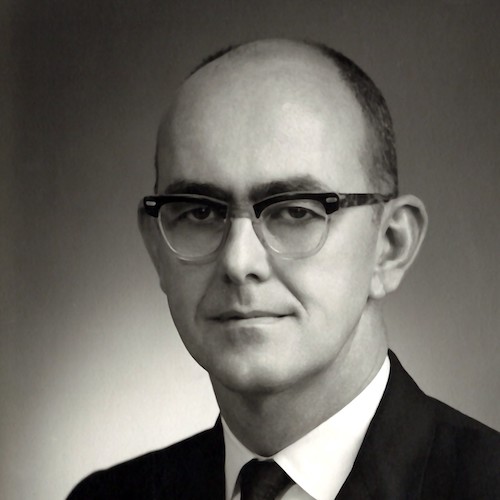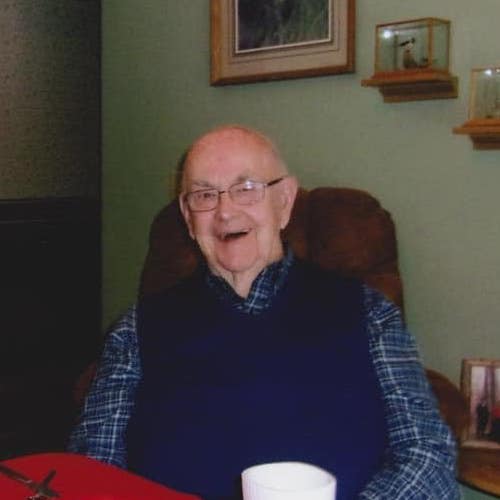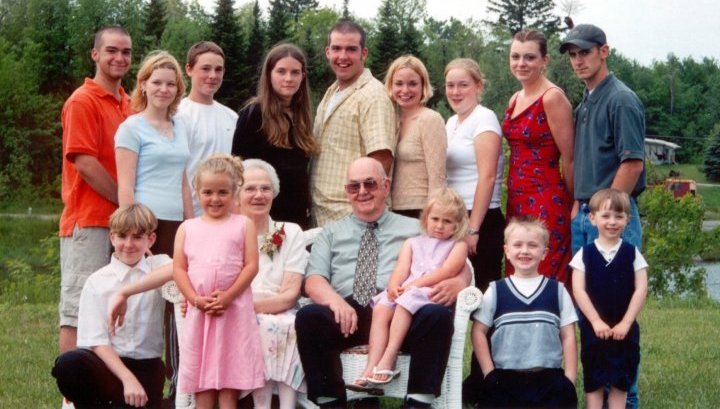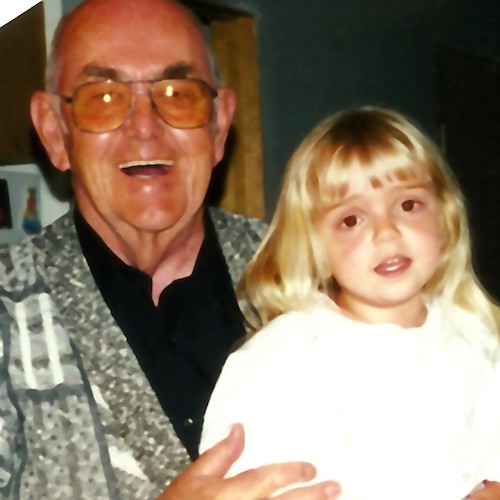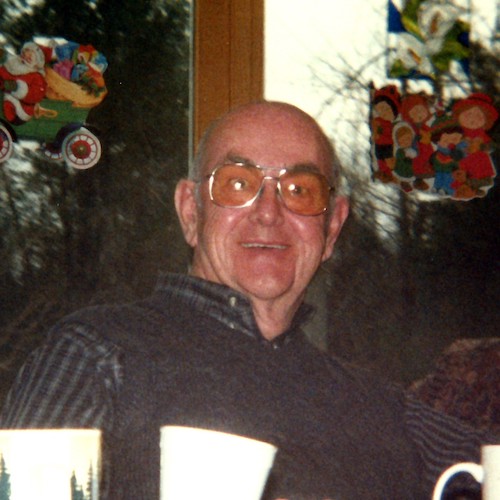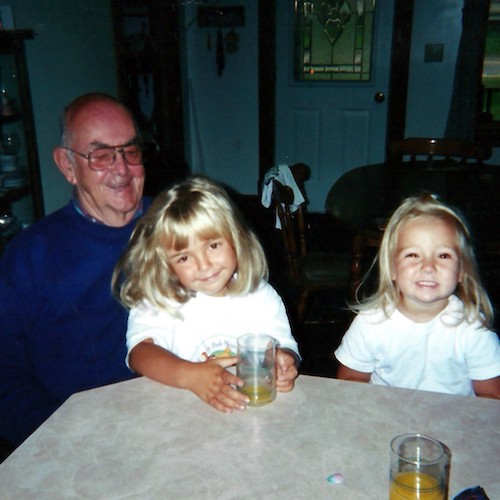When I started this project a little over two years ago, I had large ambitions to write about people who were missing from our understanding of the past. The further in time I get from the origin of this project, the question still remains the same—where do I begin? This question, truthfully, overwhelms me. There are so many people who history forgets, and, all too often, they are upstanders who do remarkable things.
Throughout the COVID-19 pandemic, I’ve seen countless cultural heritage sites on social media talking about the importance of family history. How can we learn about our legacy and how to steward it in our lifetime? In a recent Facing History and Ourselves webinar, Dr. Eve L. Ewing asks us to think not just about what we can learn from books but what we can learn from those in our community. Who are the knowledge-keepers in our families and our communities?
So I start not with “where do I begin?” but rather, who is my personal hero and what did I learn from him? I begin with Donald Barney. Some knew him from his time working in the agriculture or car business. Others from his decades of public service ranging from membership on school boards to the mayor of a small village in Northern New York State. Some knew him as a family man who loved his large family fiercely. Some called him Don or Mr. Barney. Others called him son, brother, husband, dad, uncle, grandpa, great-grandpa, or friend. Me? I called him Grandpa, and he will forever be my hero. A hero that history needs to remember.
In his 91 years on Earth, Grandpa Barney taught many people countless lessons. I learned numerous things in the 25 years that I had with him, especially as I grew older and started to listen more intently. Here are just a few:
1. Life, in and of itself, is an education
In recent years, the story that Grandpa continually shared was how he never graduated from high school. He came within an arm’s reach of a high school diploma, but the need to help on the family farm and stand up for his family stopped him from obtaining it. In the 1950s, at the beginning of the Korean War, he volunteered with his brother Andy Barney to enlist in the military. He was never accepted into the military due to health restrictions.
Despite these challenges, Grandpa Barney went on to work in the automotive and agricultural industries, selling cars, feed, and farm equipment. He devoted his career to supporting farmers across the northernmost counties of New York State. A few years ago, I remember my grandfather sharing a story about his work selling new machinery used to milk cows. He had never used the equipment and really had no idea how to use it. How did he sell something he didn’t know how to use? Okay, he probably had a base knowledge of how it worked, but his ability to reach people in a supportive way likely helped him sell this equipment.
He has no formal education, yet he was one of the most well educated men I’ve ever met. It’s not always the degrees that make us educated, but the life experiences we choose to take and learn from.
2. Active participation in our democracy is a lifelong process
There are many ways to be a lifelong participant in our democracy: being a public servant, making voting a priority, and truly caring about the issues our country faces. In many ways, Grandpa Barney embraced all of them. In addition to his career, Grandpa Barney served on school boards, town boards, and church boards across Northern New York. He devoted his time to advocate for strategies, resources, policies, and programs that had the best interest of the community in mind.
In my lifetime, and for as long as I can remember, Grandpa Barney served as the mayor of Brushton, NY, a small village in Northern New York State. He served, as so few politicians do today, with the best interest of his constituents in mind. He built up the village to be a, in the recent words of my aunt, “a cool little town.” He ran the village from his home office, which included no computer and no internet.
My grandfather loved to tell this one story about his time as mayor: once he was called by a state employee in Albany, NY asking him to submit something virtually. Of course, Grandpa had nothing but a telephone, a typewriter, and a pen, which prompted a, “Mr. Barney, how do you run the village of Brushton with no computer?” from the caller. His answer? “The old fashioned way.” Then, he chuckled.
In addition to his decades of public service, Grandpa Barney was a staunch believer in the power of his vote, and had voted in every election since 1947. That’s 73 general elections! He was a lifelong Democrat and believed strongly in the pillars that hold the party up. He cared deeply about the issues that faced our country, even to his final days on Earth. In many ways, his influence has helped me step into my own civic identity and consider the importance of being a lifelong participant and staunch supporter of our democracy.
3. Every person who walks through the door is a member of the family
The Barney family is a big family. My grandfather and grandmother, Edith (LaPlante) Barney (1928–2011), created a loving and supportive family. With eight children, countless grandchildren, and a handful of great grandchildren, every family gathering in my lifetime consists of at least 50 Barneys running around. My grandfather took great pride in his family, he talked about it frequently. Out of all of the accomplishments in his lifetime, he talked about his family the most.
This pride and love for his family often applied to every person who walked through the door of his home. Many of us grandkids would bring friends or significant others to family gatherings or to visit, and every time, he would smile, and say “Hi, nice to meet you. Call me Grandpa.” These warm and inviting expressions are ones that he showed to every person he met.
Seeing and learning from Grandpa Barney meant recognizing the strength of family but also the importance of showing kindness and empathy to all people.
4. Laugher, humor, and joy is contagious
Grandpa Barney experienced many things throughout his life, but one thing he did not do was take life too seriously. He was a jokester, who always had a great one liner joke up his sleeve. His joy was contagious. It could be felt by whomever was with him, and he most certainly passed this along to his children and grandchildren. We will forever see him in the jokes from my father, the laughter from my aunt, and the smiles of my cousins. Out of everything I’ll remember of my grandfather, his big laugh will always make me smile. It’s a sound that will continue to exude joy and smiles well after he’s gone.
I’m certain that any person who ever met Don Barney would have a story to tell and a lesson to share, and I invite anyone who knew him to do so. My grandfather leaves behind a remarkable legacy—one of public service, empathy towards all, family values, and incredible strength. I am a recipient and steward of that legacy, and I choose to live it out as a lifelong learner, an active community member, an empathetic voice, and a joyous soul.
